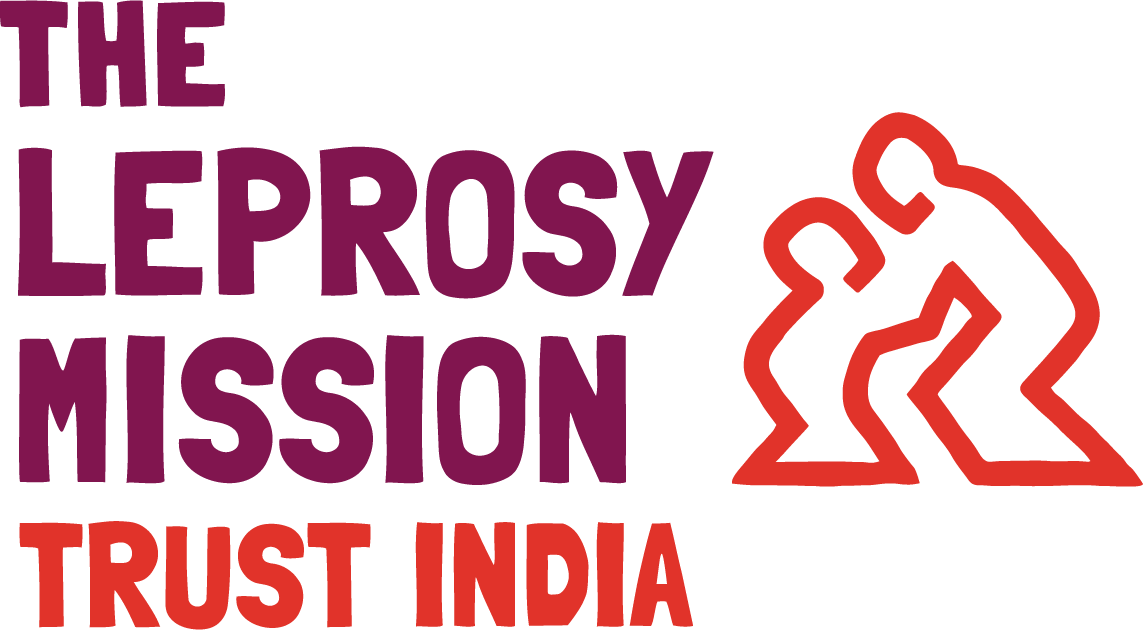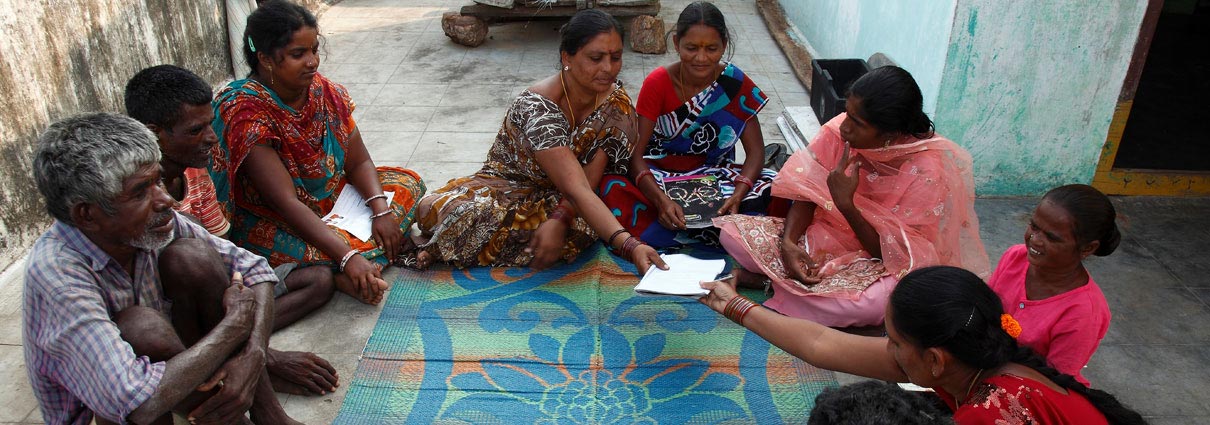Self-Help Groups (SHGs)
The Leprosy Mission Trust India’s (TLMTI) Community Empowerment programme supports people affected by leprosy/disability (and their families) to be included in the existing SHGs, form new SHGs, or sustain the existing ones. This gives them opportunities to resolve common problems, develop their individual strengths, and improve the quality of their lives. It takes special care to build the capacity of SHG members and handhold them throughout. This is done by providing opportunities for conducting meetings, speaking in public with confidence, writing minutes of meetings, resolving conflicts, problem-solving, etc.
TLMTI encourages new SHGs to learn from already established groups in the community and develop partnerships with them. Such partnerships help share knowledge and resources and ensure that more affected people are reached. SHGs are federated at the village, block or district level. This helps in bringing greater visibility and a stronger voice to leprosy and disability movements.
Many SHGs are actively engaged in income generation activities, and this provides sustainable livelihoods to their members. This livelihood support helps in the growth of the local economy and the aspirations of the affected people. TLMTI takes special care to nurture existing livelihood means while implementing new livelihood programmes. For example, SHG members doing farming are encouraged to adopt innovative approaches, like focussing on organic farming and doing rainwater harvesting. They are also provided business skills, concepts of costing, pricing and marketing.
Several SHGs have come together under the umbrella of cooperatives and are involved in poultry, fishery and weaving, along the lines of Small and Medium Scale Enterprises (SMEs). The SHGs, federations, and cooperatives involve themselves in community development activities, like building of roads, providing clean drinking water, educating the girl child, etc. TLMTI supports these groups to undertake needs assessments, in partnership with government officials and community leaders, to develop and implement community development plans for their villages. They act as vehicles of change and are creating their own niche in inclusive community development.
In a year, over 700 individuals from various community groups initiate enterprises in locally viable trades, such as agriculture and livestock.


